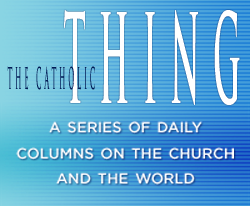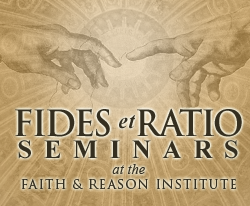Beyond the Fog of Politics
It’s not easy to interpret the recent European Union elections. Mainstream liberal and conservative parties lost considerable ground while “populists” and, in some countries, Greens showed strong gains. But the raw numbers call for careful parsing.
Pope Francis was clearly upset by the results. On Sunday, he released a message intended for the World Day of Migrants and Refugees (September 29), sharply criticizing anti-immigrant sentiment in Europe, claiming that it reflects fear and racism, as well as failures in Christian charity and humanitarian engagement. [Author’s correction: An earlier version of this column said that the release was four months in advance, which is true, but it appears such messages are often released earlier. The deliberate timing to the EU elections, then underway, however, remains clear.]
Welcoming the stranger and the refugee is, of course, a serious Christian obligation. And the pope is right to make sure that vulnerable people do not disappear from the world’s attention. But whether that general principle can be simply translated into national immigration policies – where other urgent questions also come into play – and whether the election results really stem from some lack of charity, is a far more debatable proposition.
The results actually reflect not only immigration questions, but other factors people in many nations are vaguely feeling: particularly alienation from “democratic” institutions, both national and international, which seem more to reflect the values and concerns of elites and less those of ordinary people.
Click here to read the rest of Dr. Royal’s column at The Catholic Thing . . .



